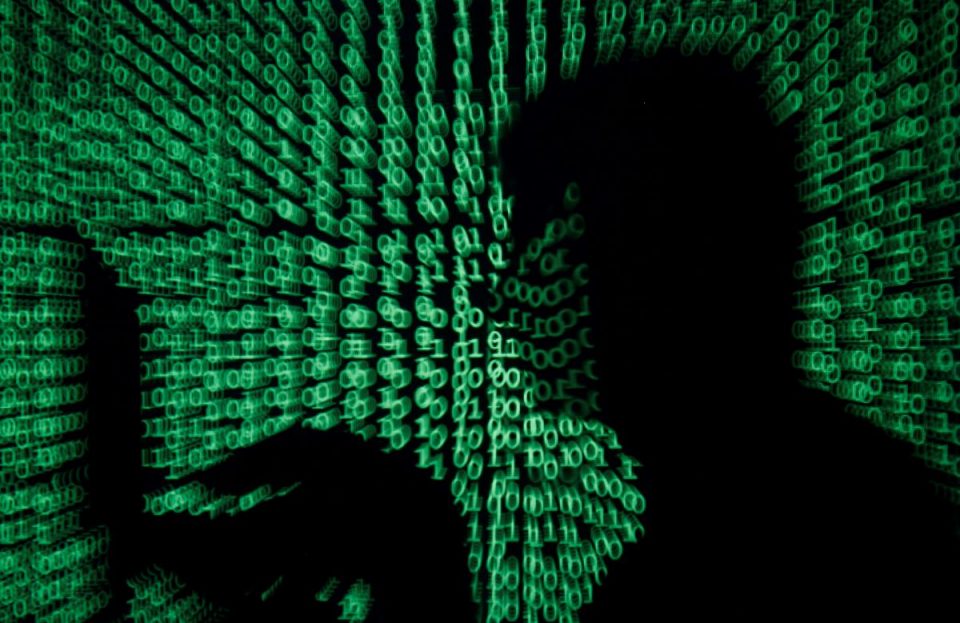KULAI, April 1 — The public does not need to panic about the daily increase in cyber attacks as the government has several agencies, particularly the National Cyber Security Agency (Nacsa), which constantly monitors these matters.
Deputy Communications Minister Teo Nie Ching said cyber attacks, which are done through various platforms, are not new, especially as digital telecommunication networks become more advanced.
“So far, the public does not need to worry. Yes, indeed, these matters (cyber attacks) occurred following international situations, especially involving sensitive and hot issues. Because of this, the government has formulated the Cyber Security Bill.
“This bill aims to defend the country’s critical infrastructure, including data centres, hospitals, banking and communication systems. All of these are very important security assets for the country,” Teo, who is also Kulai MP, told reporters after hosting an iftar event in her constituency here yesterday.
Teo also urged the public to remain calm and continue trusting and having confidence in national security agencies, including the Defence Ministry and National Security Council, regarding these cyber threats.
“They are among the agencies that can protect sensitive data and information involving national security,” said Teo.
Last Saturday, Defence Minister Datuk Seri Mohamed Khaled Nordin reportedly said that the country’s defence system is subjected to about 3,000 cyber attacks every day, especially after Malaysia declared its support for Palestine.
The Dewan Rakyat last Tuesday passed the Cyber Security Bill 2024 aimed at enhancing the country’s cyber security through compliance with specific measures, standards, and processes in managing cyber security threats.
Digital Minister Gobind Singh Deo had said that according to the bill, there are 11 sectors defined as Critical National Information Infrastructure (CNII) sectors, including government, banking and finance, transportation, defence and national security, as well as information, communication, and digital sectors.
— Bernama





